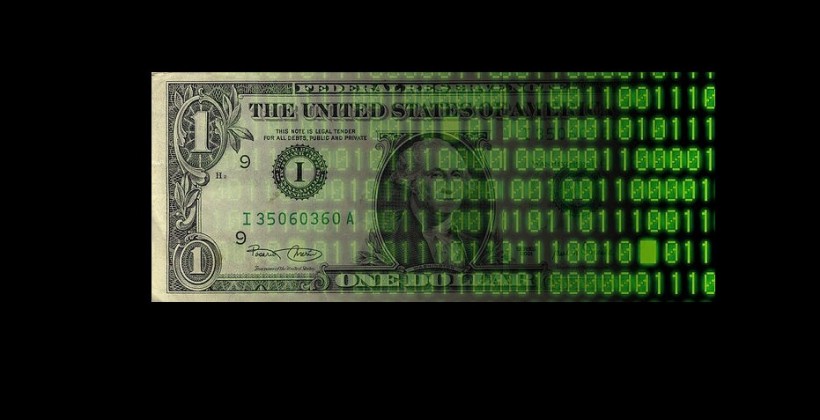More Than Half of Survey Respondents Believe Digital Currency is the Future; Consumers Throw Caution to the Wind on Security for their Work and Personal Email Accounts
New Delhi, India -17th March, 2016- IEEE, the world’s largest professional organization dedicated to advancing technology for humanity, announced the findings of an online survey that detail more than 1,900 technology enthusiasts’ views on digital safety and the future of cybersecurity. According to the results, when asked what year mobile payments would be secure enough to the point where traditional methods (such as cash and credit cards) would no longer be required, 70 percent of respondents indicated a major shift by 2030. The survey results also found, on a scale from 1-5 (1 being least concerned to 5 being most concerned), a similar percentage between the lack of concern regarding the security of work email (50 percent) and personal email (49 percent) accounts, which is surprising given that there is no dedicated IT department to monitor and protect personal email as there is for a work-affiliated account.
“Now more than ever, cybersecurity is a necessary safeguard to our digital lives, which hosts a variety of our private and personal information,” stated Diogo Monica, IEEE member and security lead at Docker. “Cyberattacks can now unfortunately happen in nearly every element of our lives, such as our car, connected home and wearable devices. Whether it’s putting more reliance in digital systems for our currency or trusting that our email accounts are secure, we need to be cognizant and take the necessary precautions to protect our digital footprint.”
Consumers No Longer on Cloud Nine
More than one quarter (26 percent) of participants also noted that the cloud was the least preferred method for storing their information; 49 percent of respondents chose personal computer log as their primary option. Respondents did have concerns regarding other considerations to their digital footprint. When asked on a scale from 1-5 (1 being riskiest to 5 least risky) about their personal information being available on certain platforms, respondents believed that online banking (72 percent), syncing to the cloud (53 percent) and banking/mortgage information (60 percent) were extremely risky, indicating a 1 or 2 for each.
“These results emphasize the need for more research in cloud security,” stated David Brumley, IEEE member and director of CyLab at Carnegie Mellon University. “We need to develop more tools to test software vulnerabilities, and we need them more broadly adopted.”
Internet Starts with “I” – Managing Your Digital Home
There is a level of sophistication among respondents who monitor their home Internet activity. According to the results, 22 percent of respondents have automated alerts set up for any attempted connectivity, 11 percent utilize visualized monitoring in real-time and 3 percent connect to a cloud monitoring system. When asked what would be most affected by the continued developments of cybersecurity, participants noted identity theft (42 percent), followed by online anonymity (27 percent), piracy (18 percent) and viruses (12 percent).
For a visual representation of the survey results, you can view the IEEE Cybersecurity Infographic by clicking here.
About the Survey
IEEE hosted an online survey on IEEE Transmitter, which was hosted from February 16 – 29. The survey asked participants who are actively engaged in technology trends a variety of questions regarding their digital comfort level as well as what the future might hold for the future of cybersecurity. The total number of survey respondents garnered was 1,903. Full survey results can be found by visiting IEEE Transmitter.
About IEEE
IEEE is a large global technical professional organization dedicated to advancing technology for the benefit of humanity. Through its highly cited publications, conferences, technology standards, and professional and educational activities, IEEE is the trusted voice on a wide variety of areas ranging from aerospace systems, computers and telecommunications to biomedical engineering, electric power and consumer electronics. Learn more at http://www.ieee.org.
—————————————————————————————————————————————–
PRESS RELEASE









